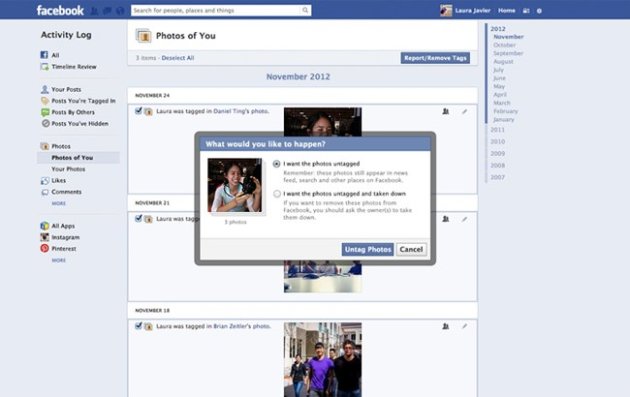ATHENS, Greece (AP) — Health officials warn that the Greek capital is seeing an alarming increase in new HIV infections, particularly among intravenous drug users, as the country struggles through a protracted financial crisis in which funding has been slashed for health care and drug treatment programs.
Officials said while there were about 10-14 new HIV infections per year among Athens drug users from 2008 to 2010, that number shot up to 206 new cases last year and 487 new cases by October this year — a 35-fold increase.
Epidemiology and preventive medicine professor Angelos Hatzakis described the situation as a "big and rapidly developing epidemic in Athens."
Marc Sprenger, director of the European Center for Disease Prevention and Control, said the situation must be dealt with quickly to prevent it from spiraling further.
Officials said while there were about 10-14 new HIV infections per year among Athens drug users from 2008 to 2010, that number shot up to 206 new cases last year and 487 new cases by October this year — a 35-fold increase.
Epidemiology and preventive medicine professor Angelos Hatzakis described the situation as a "big and rapidly developing epidemic in Athens."
Marc Sprenger, director of the European Center for Disease Prevention and Control, said the situation must be dealt with quickly to prevent it from spiraling further.

